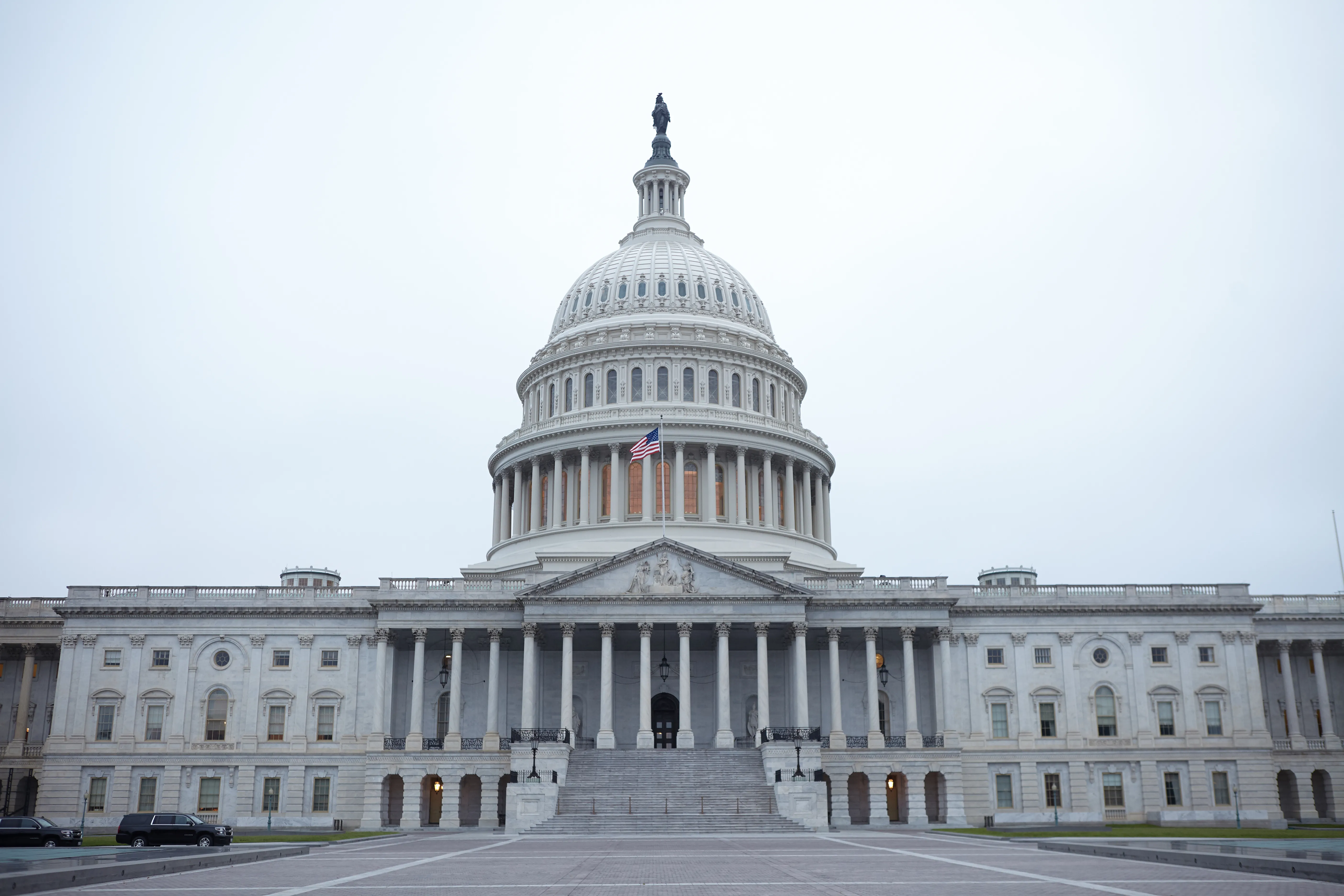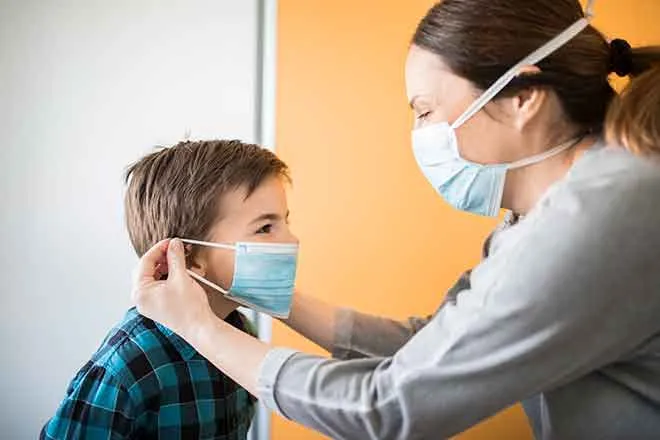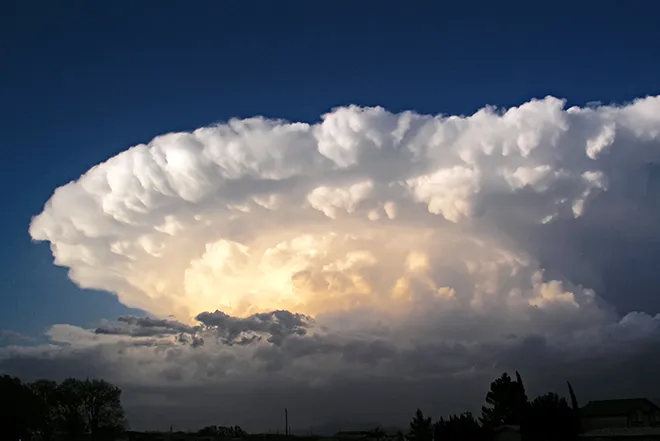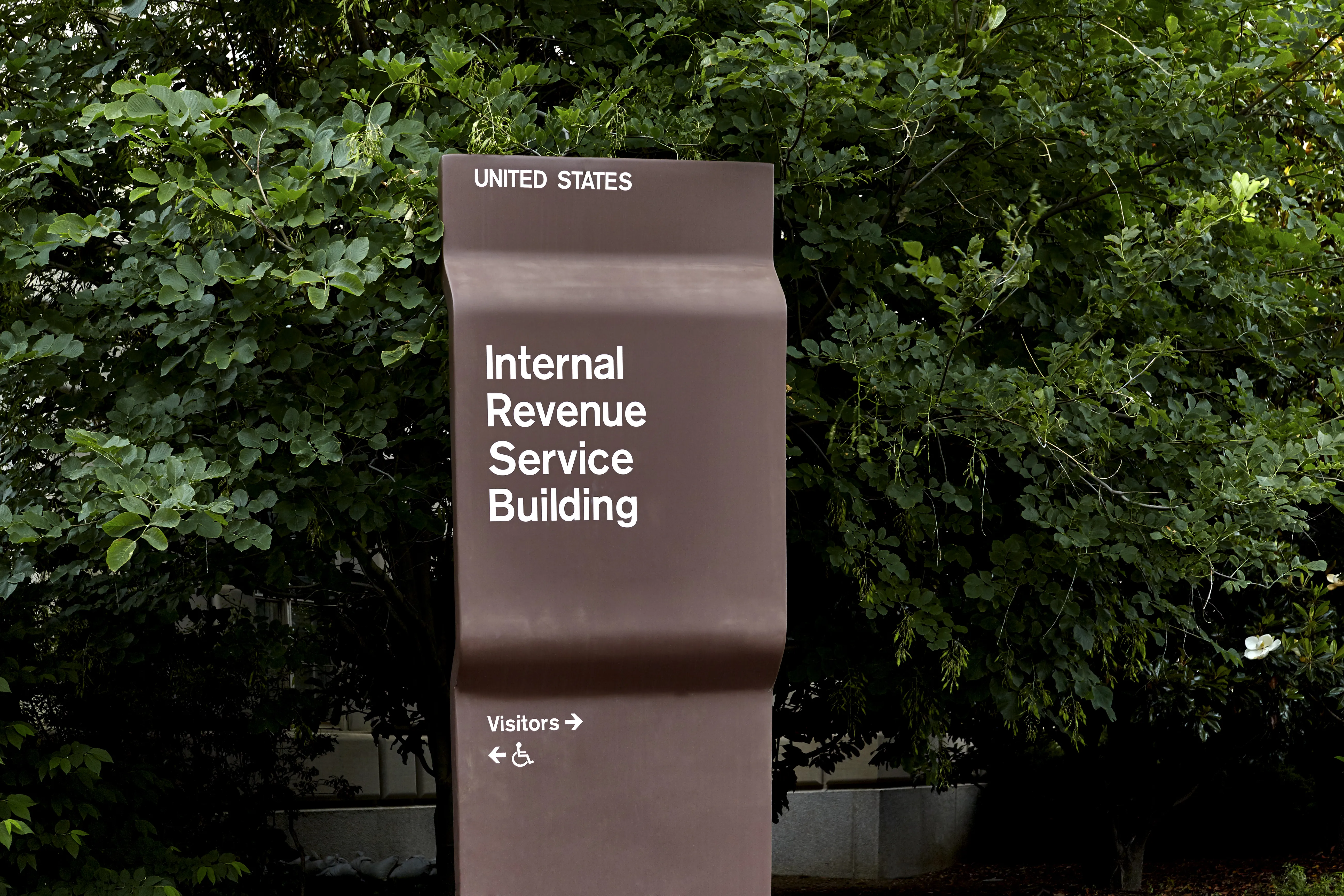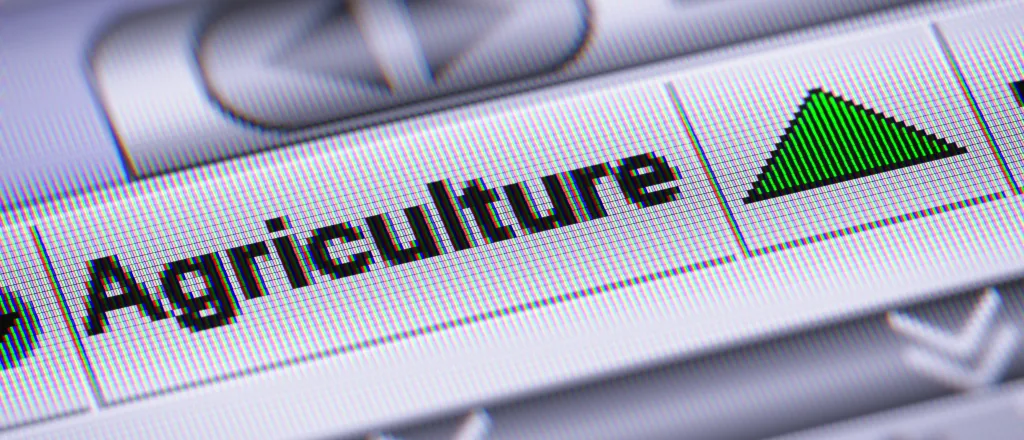
Kansas hemp advocates eager to widen cultivation of plant with variety of uses
© iStock - Pashalgnatov
(Kansas Reflector) Industrial hemp champion Kelly Rippel wants to light a fire under state and federal lawmakers to reform the agricultural policy framework to better support cultivation of a crop farmed by seven U.S. presidents before the industry was dismantled across the country.
George Washington, Thomas Jefferson, James Madison, James Monroe, Andrew Jackson, Zachary Taylor and Franklin Pierce grew the tall, leafy plant. The emphasis wasn’t on the version of cannabis packed with the psychoactive component THC, but the incarnation useful in manufacturing rope, textiles, paper and other goods. In the United States, forces moved in the 1930s to restrain hemp production, and the 1970s war on drugs cleared it from domestic fields.
Rippel, cofounder of Kansans for Hemp, founding president of Planted Association of Kansas as well as a member of the Kansas Department of Agriculture’s hemp research advisory panel, said a tough learning curve for growers, inclement weather and the immature supply chain restrained producer interest in the crop.
He said Kansas would benefit from lowering barriers to entry into hemp production as a crop. He expressed optimism during an interview for the Kansas Reflector podcast that help was coming from state regulators and legislators and through writing of the 2023 federal Farm Bill.
He said the state’s fee for production licenses and testing of crops were too high. In addition, he would welcome federal endorsement of hemp seed as an animal food source, especially for companion animals such as dogs.
“Other states have lowered their license fees as an incentive,” Rippel said. “We want to encourage people to participate in this … especially since this is a value add to farmers.”
In 2014, the national Farm Bill legalized hemp production for research purposes. The Farm Bill four years later removed hemp as a Schedule I drug and established it as an agricultural commodity with cultivation outside pilot projects. That law also restricting THC content of industrial hemp plants to less than 0.3% to be unsuitable for producing smoking marijuana. Kansas and more than 45 other states made hemp production legal.
Under the 2023 Farm Bill, there has been consideration of approving hemp seed for animal feed so it could become a more common rotational crop.
“There’s more of an embracing of the fact that ‘Hey, this actually does provide benefit to our communities,'” he said.
During this year’s session of the Kansas Legislature, House Bill 2168 failed to gain widespread traction in the House and Senate. It would have addressed the animal food question as well as concern about license fees and crop testing costs was opposed by the state Department of Agriculture. The agency didn’t want to get out ahead of federal hemp statute or guidance from the Association of American Feed Control Officials, which has guided ingredient definitions and laboratory standards for more than a century.
Rippel said production in Kansas of the hemp variety most useful for fiber and grain offered the best path to sustainable economic development.
“If you are to grow a fiber or grain variety, that’s more along the lines of a row crop that is similar to what Kansas farmers are used to. We’ve known for many years … the long term sustainable economic development that will come through the fiber and grain variety.”
Rippel, wearing a shirt made from hemp, said seeds of the row crop could be removed with the header of a combine. The woody stalk could be cut and baled for use by fiber processors. It could be refined for commercial applications that included manufacture of paper, clothing, rope, biodegradable plastics, paint, insulation, wood, biofuel and food.
He said sates that legalized either medicinal or recreational use of the THC-heavy marijuana, which excludes Kansas, have been quicker to reintroduce hemp production and create more mature production systems for the plant. Research indicated hemp as a rotation crop could increase future yields of other crops grown on that field and that hemp plants were a natural weed suppressor.
Sarah Stephens, CEO of Midwest Hemp Technology, told legislators earlier this year the three existing Kansas processors could support more than 6,000 acres of agricultural hemp crop. In 2022, slightly more than 500 acres of hemp was harvested statewide.
“At Midwest Hemp Technology, we have spent the last two years funding, equipping and staffing our processing company,” she said. “We’ve made investments of time, money, sweat and a few tears in our Augusta facility. We purchase available agricultural hemp from Kansas farmers but are also forced to source from Missouri and Oklahoma farmers.”
Kansas Reflector is part of States Newsroom, a network of news bureaus supported by grants and a coalition of donors as a 501c(3) public charity. Kansas Reflector maintains editorial independence. Contact Editor Sherman Smith for questions: info@kansasreflector.com. Follow Kansas Reflector on Facebook and Twitter.

